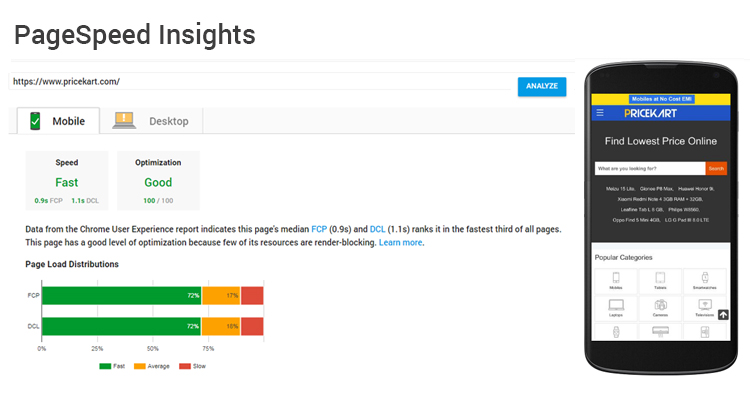Tinder is using AI to keep track of DMs and cool down the weirdos. Tinder not too long ago announced that it will quickly utilize an AI algorithm to scan private communications and evaluate all of them against messages which were reported for improper language previously.
If a message appears like it may be unacceptable, the app will program consumers a quick that requires them to think hard prior to striking send. “Are you sure you should submit?” will see the overeager person’s monitor, accompanied by “Think twice—your match could find this vocabulary disrespectful.”
To deliver daters the perfect formula that will be able to determine the difference between a negative collect range and a spine-chilling icebreaker, Tinder is testing out algorithms that scan exclusive information for unacceptable language since November 2020. In January 2021, they established an element that asks receiver of potentially creepy communications “Does this frustrate you?” When users stated yes, the app would then walk all of them through the procedure of revealing the content.
As one of the trusted internet dating software global, unfortunately, it really isn’t striking exactly why Tinder would believe trying out the moderation of personal messages is necessary. Outside the internet dating sector, a great many other platforms bring launched comparable AI-powered material moderation attributes, but mainly for public posts. Although using those same algorithms to drive messages (DMs) offers a good way to combat harassment that normally flies within the radar, platforms like Twitter and Instagram is but to deal with the numerous problem private information represent.
Conversely, letting programs to play a component in the manner people interact with immediate information also raises concerns about consumer privacy. However, Tinder is not necessarily the very first software to inquire about its users whether they’re sure they would like to send a certain content. In July 2019, Instagram began asking “Are your certainly you need to post this?” when its formulas recognized consumers are going to publish an unkind review.
In May 2020, Twitter began testing the same ability, which prompted people to believe again before publishing tweets their algorithms defined as offending. Ultimately, TikTok began inquiring people to “reconsider” potentially bullying feedback this March. Okay, so Tinder’s spying tip isn’t that groundbreaking. Having said that, it makes sense that Tinder might possibly be one of the primary to focus on consumers’ exclusive communications for the content moderation formulas.
Everything online dating programs made an effort to render video phone call dates anything through the COVID-19 lockdowns, any matchmaking software enthusiast knows exactly how, practically, all relationships between customers boil down to moving for the DMs.
And  a 2016 review carried out by customers’ studies show significant amounts of harassment takes place behind the curtain of private communications: 39 % people Tinder users (such as 57 percent of female customers) mentioned they experienced harassment throughout the application.
a 2016 review carried out by customers’ studies show significant amounts of harassment takes place behind the curtain of private communications: 39 % people Tinder users (such as 57 percent of female customers) mentioned they experienced harassment throughout the application.
So far, Tinder keeps seen motivating evidence within the early studies with moderating exclusive information. The “Does this bother you?” ability has promoted more people to speak out against weirdos, with the many reported messages climbing by 46 percent following prompt debuted in January 2021. That period, Tinder furthermore began beta screening their “Are your positive?” function for English- and Japanese-language customers. Following ability folded aside, Tinder claims their algorithms recognized a 10 per-cent drop in unacceptable information the type of users.
The key internet dating app’s means could become a design for other biggest networks like WhatsApp, which includes encountered calls from some professionals and watchdog groups to begin with moderating personal emails to stop the spread of misinformation . But WhatsApp as well as its mother or father company Facebook needn’t used motion regarding question, simply considering concerns about consumer privacy.
An AI that screens personal information should-be transparent, voluntary, and not drip yourself identifying data. If it tracks discussions covertly, involuntarily, and reports facts back into some central authority, then it is defined as a spy, explains Quartz . It’s a fine line between an assistant and a spy.
Tinder says the message scanner best operates on customers’ units. The organization accumulates unknown information about the content that commonly are available in reported communications, and storage a list of those sensitive statement on every user’s telephone. If a user tries to send an email that contains among those terminology, their phone will spot they and program the “Are your sure?” remind, but no facts about the experience gets sent back to Tinder’s machines. “No real human besides the individual will ever understand message (unless the individual chooses to deliver it in any event together with recipient reports the content to Tinder)” keeps Quartz.
Because of this AI to your workplace fairly, it’s crucial that Tinder feel clear with its consumers towards fact that it utilizes algorithms to skim their particular exclusive information, and should provide an opt-out for people which don’t feel at ease being supervised. As of this moment, the online dating application does not supply an opt-out, and neither can it alert its people towards moderation algorithms (even though organization explains that customers consent into AI moderation by agreeing with the app’s terms of use).
Longer tale short, fight for your data confidentiality rights , additionally, don’t feel a creep.
